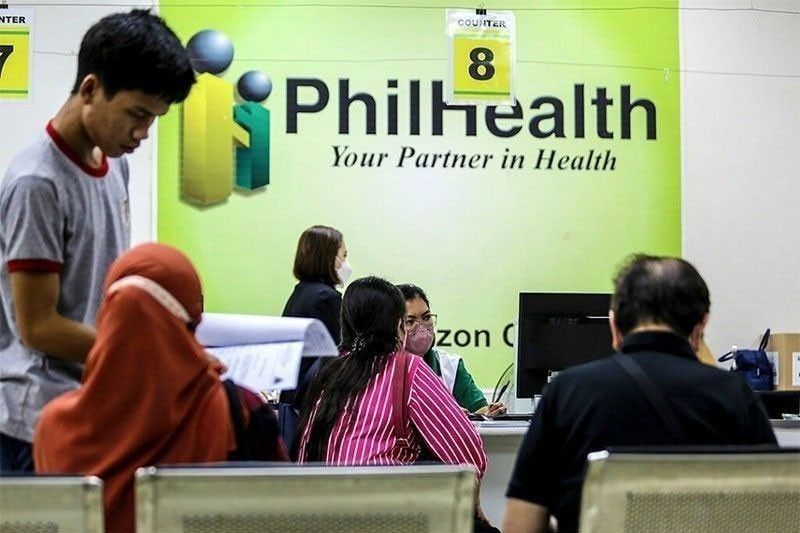Civil society hits PhilHealth’s ‘do nothing’ budget

MANILA, Philippines — Civil society groups referred to the 2025 Corporate Operating Budget (COB) of the Philippine Health Insurance Corp. (PhilHealth) as a “do nothing” budget.
According to the Medical Action Group (MAG) and Action for Economic Reforms, it’s a “do nothing” budget because it shows an increase of only 10 percent when its expenditure for 2024 was already higher by 22 percent over the previous year, with two months yet to go (P122 billion in 2023 vs. P155 billion as of October 2024).
The groups said the new packages approved in the last six months are likely to increase reimbursements in 2025 to over P200 billion.
MAG co-chairman Juan Antonio Perez III explained that direct contributors – many of whom are from the working class, overseas Filipino workers and informal workers – are expected to cover P202 billion of the PhilHealth budget, which will cover their own reimbursements as well as the reimbursements of indirect contributors: the indigents, older persons and persons with disabilities.
“Reimbursements by indirect contributors have exceeded those of the direct members in 2024, with seniors getting 30 percent of all reimbursements. This trend will likely continue in 2025,” Perez said.
Further, the groups pointed out that PhilHealth’s 2025 COB can only support the existing packages since the increase of 10 percent from 2024 will be insufficient to cover the increase in benefits payouts, which increased during the last six months of 2024.
The groups noted that currently, Konsulta is providing reimbursements for only one percent of the Filipino population.
“The full implementation of the Konsulta package will cost PhilHealth P194 billion annually, providing a P1,700 primary care package for each of the 114 million Filipinos. The package was approved in 2022, and if it had been rolled out nationwide then, PhilHealth would not be accused of a ‘surplus’ of P150 billion and reserves of hundreds of billions of pesos,” MAG said.
Perez said Konsulta package can drastically change the face of primary care in the country, which the Department of Health (DOH) admits is underfunded.
He added, “The bicameral conference committee’s defunding of PhilHealth destroys social health insurance, particularly the principle of solidarity and the pooling of resources, leaving the working class to carry the burden of funding PhilHealth through contributions deducted from their hard-earned monthly salaries.”
Furthermore, Perez said even the full service coverage of longstanding and Sustainable Development Goals-related benefits and packages like maternal care (covering only 50 percent of pregnancies) and newborn care package (covering only a third of all newborns) and TB (directly observed therapies) benefit (covering only 30,000 of 612,000 TB patients) will not be sufficiently funded in this status quo budget.
Management change
Health Secretary Ted Herbosa said a change in the management of PhilHealth is necessary to address the current issues hounding the agency.
“We really need to fix the efficiency of PhilHealth,” said Herbosa.
He added, “Management has to straighten its acts, follow the directives of the board.”
The DOH chief, however, refused to comment on PhilHealth president and chief executive officer Emmanuel Ledesma’s performance as head of the state-run health insurer.
Herbosa also stressed the need for a shift in the priorities of PhilHealth.
On the other hand, Senate health and demography committee chairman Sen. Bong Go thanked PhilHealth for heeding the Senate’s call to scrap its anti-poor policies such as the single confinement policy, which restricts PhilHealth benefits for recurring admissions within 90 days.
He also thanked PhilHealth for increasing the case rate to 50 percent to allow better coverage for patients and reduce their out-of-pocket expenses. — Jose Rodel Clapano, Marc Jayson Cayabyab
- Latest
- Trending































